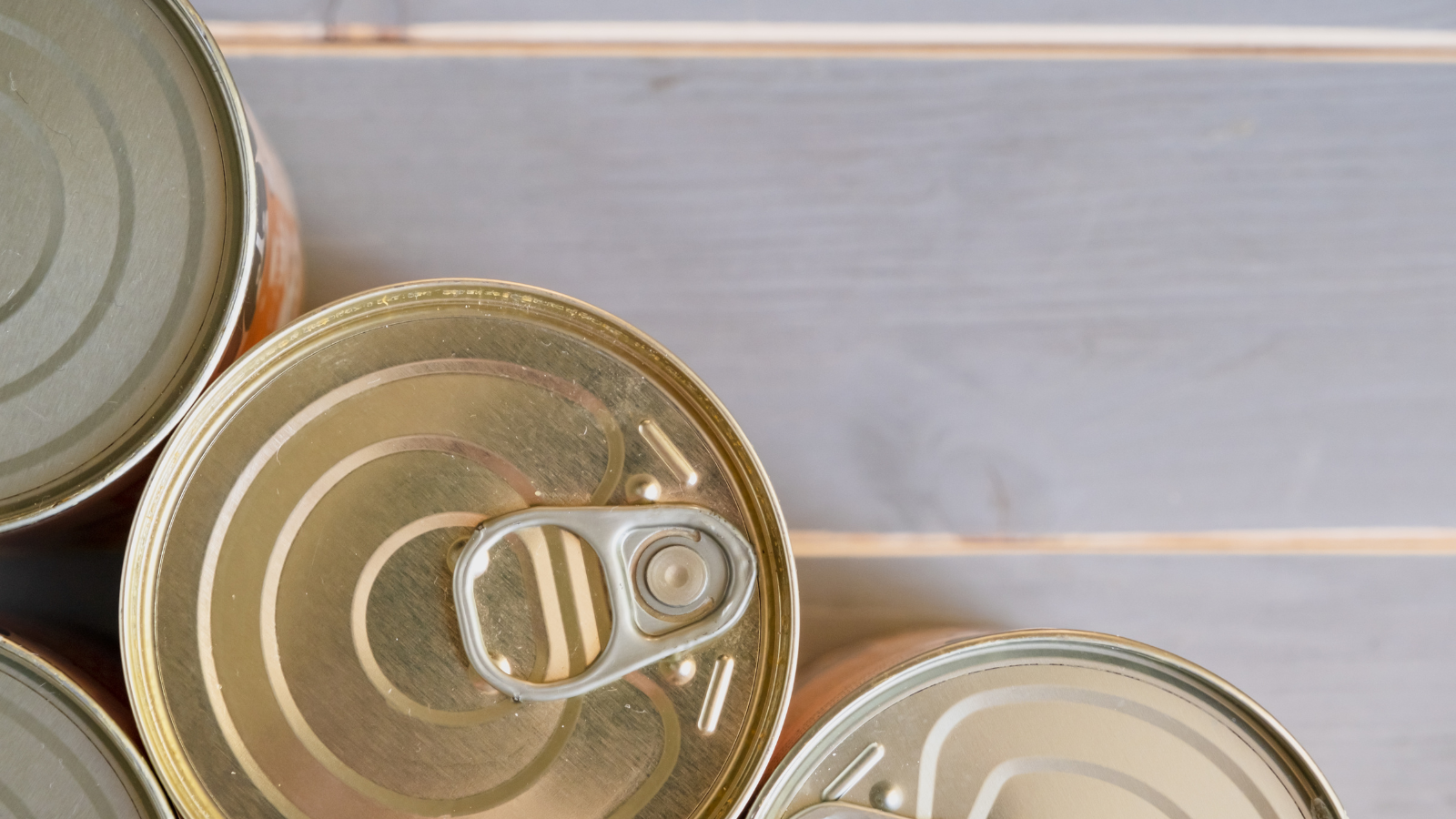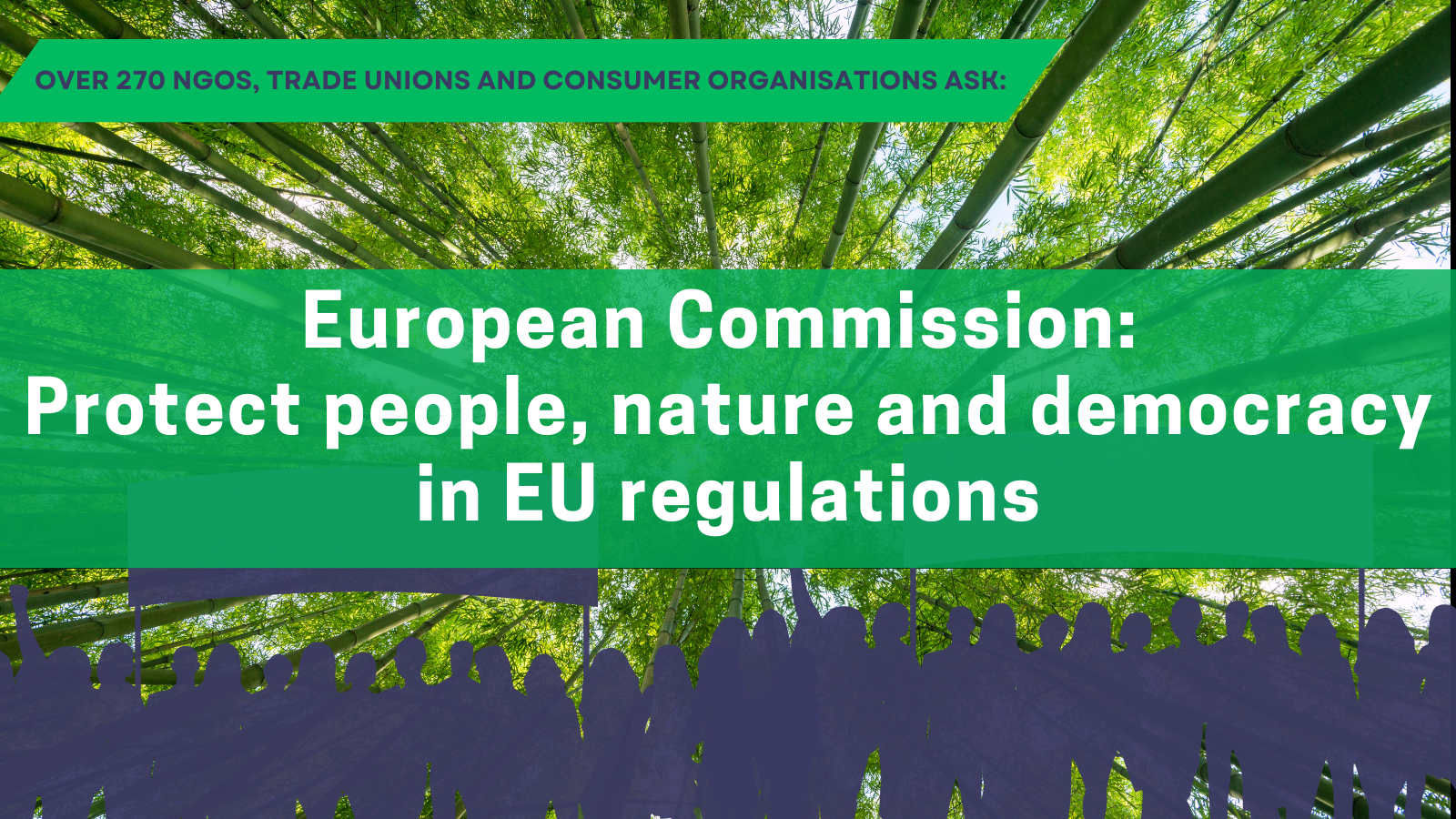Vision for EU’s agrifood sector must firm up commitments to protect people’s and farmers’ health from health-harming pesticides
Today, the European Commission published its Vision for Agriculture and Food, outlining plans for the European agri-food sector for this 2024-2029 term.










